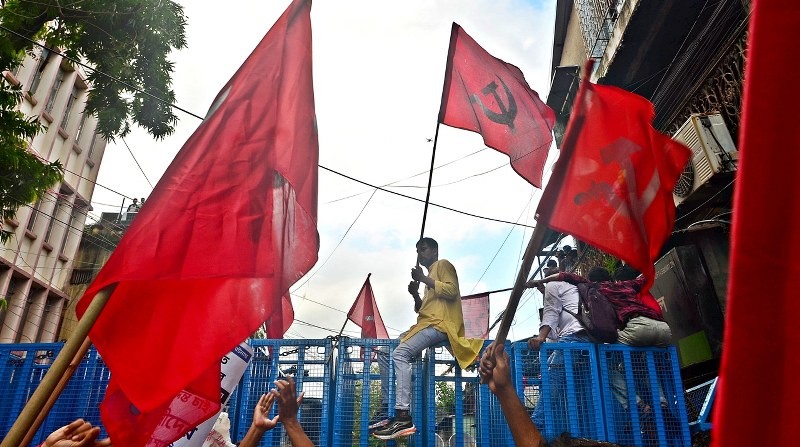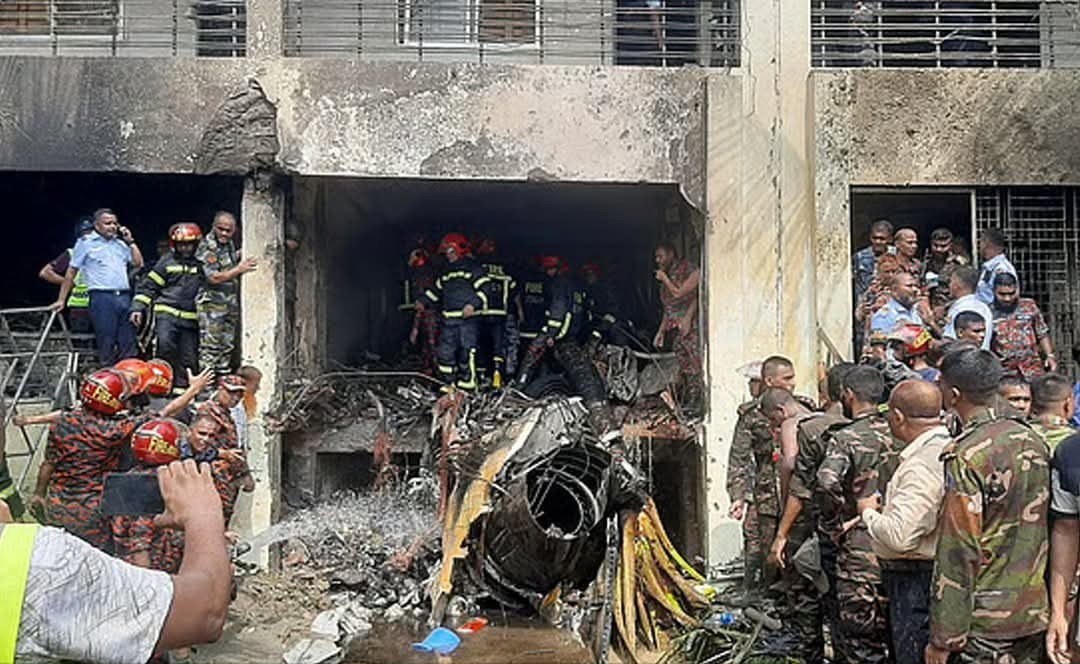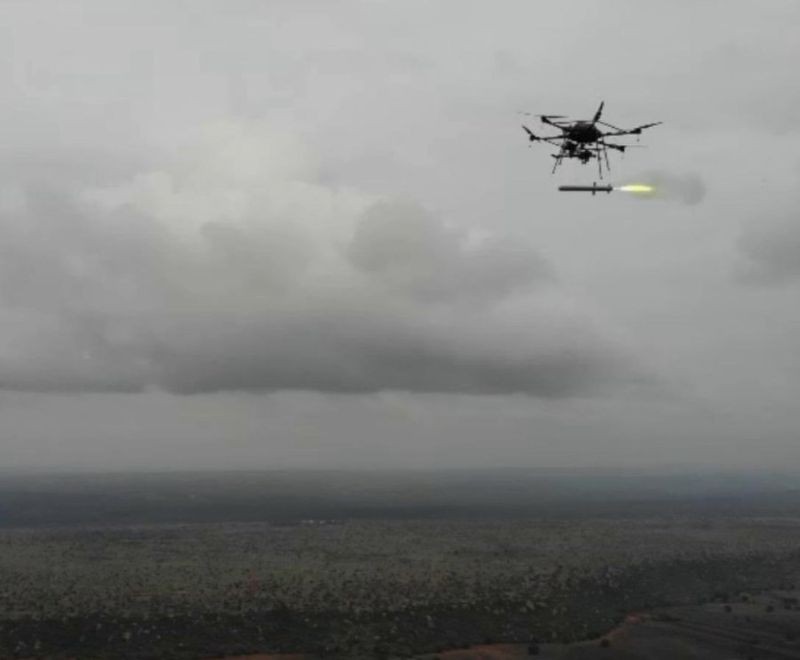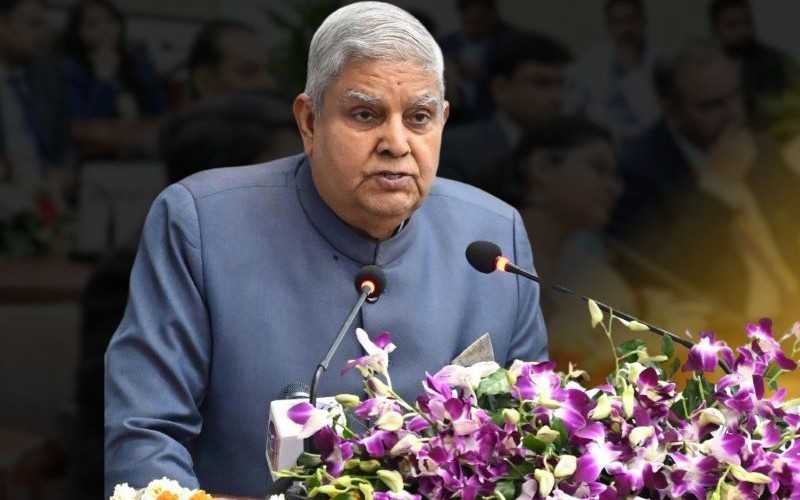The Pakistani elite is culpable in the death of hundreds of Pakistanis and Kashmiris in the appalling Greek boat tragedy
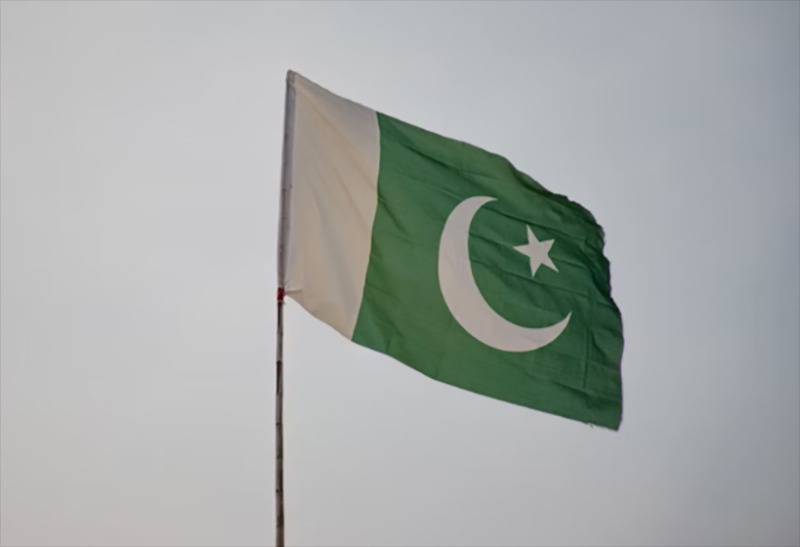
In what is being described as the worst migrant boat disaster in the Mediterranean Sea, a migrant boat carrying up to 750 people, 400 of them said to be Pakistanis or from Pakistan-administered Jammu & Kashmir (J&K), started to have trouble with its engine last week.
After three days of being stranded, the boat capsized on 14 June and most of the passengers died. Only 104 people were eventually rescued, and there were only 12 Pakistanis among them. 78 bodies of the dead were brought ashore in the immediate aftermath of the accident.
That would mean that over 600 migrants, all of whom were taking extreme risks to get to the European Union (EU) in pursuit of a better life there, perished on the fishing boat that had set off from Libya towards Italy.
The other passengers on the ill-fated boat were largely Afghans, Egyptians, Palestinians and Syrians. Women and children in their hundreds were on the vessel, but their absence among those rescued suggested that all of them sadly perished.
Commenting on the unfortunate sinking of the overloaded fishing vessel off the the southern Peloponnese peninsula in Southern Greece, EU Commissioner for Home Affairs Ylva Johansson said that this might be “the worst ever tragedy we’ve seen in the Mediterranean”.
Meanwhile, the response of the Greek government to the tragedy has come under question for being insincere and tardy, and reports have even alleged a cover-up by the Greek coastguard.
Rescue agencies have said that earlier, in the first three months of 2023, more than 400 refugees had drowned in the central Mediterranean.
In April this year, the United Nations High Commissioner for Refugees (UNHCR) said that this figure was potentially an undercount, but it nevertheless made it the deadliest quarter since 2017 on the world’s most dangerous refugee crossing.
That many Pakistanis or people from Pakistan-administered J&K would have been among these 400 is only to be expected, as such tragedies have become a recurring feature for a population that sees no end in sight to the devastating economic, political and climate crises that are compelling increasingly large numbers of people from this region to flee their homes in their quest to survive.
It is difficult to translate onto paper the absolutely heartrending stories of migrants who risk their everything, above all their lives, to seek a life in conditions better than the wretched ones they have been enduring day in and day out. An account of events that transpired on the ship before it sank on 14 June revealed that certain nationalities, particularly Pakistanis, were “condemned to the most dangerous part of the trawler” where they had a minimal chance of survival. The Guardian reported that “The testimonies suggest women and children were effectively ‘locked up’ in the hold, ostensibly to be ‘protected’ by men on the overcrowded vessel”. It added that Pakistani nationals were maltreated “when they appeared in search of freshwater or tried to escape” from the hold. The Guardian claimed that the situation on the boat was so “bleak that even before it sank there had already been six deaths after it ran out of fresh water”. Quoting a Moroccan-Italian activist, the newspaper said that passengers were pleading for help a day before it sank.
“I can testify that these people were asking to be saved by any authority”, she said. The report also raised questions on the role of Greek coastguards, saying that “Of concern are claims that it overturned in the early hours of Wednesday because a rope was attached by coastguards, allegations rejected by Greek officials”. It quoted government officials as confirming that “patrol boats and cargo ships had been shadowing the trawler since Tuesday afternoon”. It quoted a survivor as saying that at least 700 were on board the trawler that had been drifting in the sea for days after its engine failed.
Only a comprehensive, unbiased investigation can reveal what happened between the time the authorities were first alerted to the presence of the overcrowded boat and when the vessel capsized later at night. Whether that actually comes to pass will only be known at a future point in time.
Some reports have estimated that at least 298 people who had originally set off from Pakistan, including 135 from Pakistan-administered J&K, were killed in the boat tragedy. Other reports have suggested there were about 400 Pakistani nationals onboard. Most of them primarily belonged to rural areas of central Punjab province and Kotli in Pakistan-administered J&K. Raising the query, “Who should be held responsible for this incident?”, a 19 June editorial in the reputed Pakistani daily Dawn argued that “Fortress Europe alone cannot be blamed for why people in developing countries, such as Pakistan, choose to leave. This is not the first time Pakistani migrants have lost their lives at sea. There have been several incidents. In a particularly heartbreaking one earlier this year, sportswoman Shahida Raza, who was unable to afford medical treatment for her young son in Pakistan, drowned as the migrant boat carrying her and scores of others crashed against the rocks. She had been attempting to reach foreign shores to build a better future for her child. Therein lies the tragedy: an inept, uncaring government has made little effort to crack down on a vast network of human smugglers who fleece desperate individuals and put them on a path strewn with hazards. It is telling that in the latest incident, very few of the victims’ families registered a complaint against the human smugglers. Perhaps they did not expect anything to come of it or perhaps they feared harassment at the hands of the authorities themselves. It is bad enough that the spectacular failure of the government to fulfill its part of the social contract by providing economic security to its citizens drives desperate individuals — even the educated ones — to leave the country. It is a crime when the government decides to ignore a grave issue that has snowballed into a crisis of deadly proportions”.
As news of the tragedy reached Islamabad, Prime Minister Shehbaz Sharif ordered that a day of mourning would be observed and the national flag would fly at half-mast. He also formed a four-member committee to probe the facts of the incident and directed law enforcement agencies to trace those involved in human smuggling. Sharif demanded that “Every effort should be made to help all Pakistanis. I will not tolerate laziness or incompetence”. Other senior government functionaries expressed grief and sent condolences to the families of those that had died. All this came across as somewhat paradoxical, as it is was these senior leaders, as the core of the self-serving, power-hungry, and perpetually bickering political class of the country, along with religious fanatics, and the powerful Pakistani military establishment that lords over them all, who were palpably guilty of creating and sustaining the dreadful, exploitative, and seemingly hopeless conditions that had forced the poor Pakistanis on that unfortunate boat to risk everything and flee their homes and into an uncertain and potentially deadly future.
Also, despite being illegal, human trafficking is a well-established and thriving ‘industry’ in Pakistan that survives on the patronage of unscrupulous politicians and government officials. The Pakistani news channel Geo News quoted the father of a missing migrant in the Greece boat tragedy as revealing the shocking reality that a Federal Investigation Agency (FIA) employee was actually a partner of the so-called travel agent who took a hefty sum for smuggling his son to Italy.
These cruel realities were underlined by the Human Rights Commission of Pakistan (HRCP), which in a press release issued on 19 June asked the State to take responsibility “for its part” in the Greece boat tragedy. Expressing shock and grief, it said that the incident should serve as a “stark reminder to the State that it has failed to stem a longstanding and grievous human rights violation”. The HRCP added, “Pakistan is a well-known source, transit and destination country for trafficking in persons. However, it is clear that a serious lack of coordination among law enforcement agencies continues to allow traffickers to operate with impunity”. Importantly, it stressed that the government must “acknowledge that the dearth of economic opportunities available in the country compels more and more people to take their chances on such routes without being aware of the risk”. The HRCP questioned the efficiency of the FIA in tracking, monitoring and reporting instances of trafficking, and advised that “The State must also implement comprehensive anti-trafficking legislation and train the public officials concerned to identify and report such crimes and hold the perpetrators to account”.
The FIA, meanwhile, ostensibly swung into action as soon as PM Sharif issued his orders. On 18 June it announced that it had arrested 10 alleged human traffickers, of whom 9 were detained in Pakistan-administered J&K. The issue of Pakistan-administered J&K is as intriguing as it is outrageous. Legally speaking, Pakistan has no locus standi in Jammu & Kashmir as the princely State had lawfully acceded to India after India’s partition. Pakistan, since 1947, continues to forcefully hold on to large parts of J&K. It has even ceded part of this illegally held territory to China just to curry favour with it. The primary question, then, that arises is what right can an occupying power such as Pakistan have to hold on to territory that it has no title whatsoever over, one it calls Azad (free) but treats like a colony that can be exploited and ceded at will, and one whose people its exploitative policies coupled with a serious lack of attention have impoverished to such an extent that they are now being forced to leave in large numbers just to ensure survival. It certainly cannot behove a country that is not capable of ensuring even three square meals for its own population to forcibly hold on to another’s territory and reduce the hapless residents of such a territory to the same sorry predicament as its own suffering population.
The inordinately large number of youth from Pakistan-administered J&K choosing to leave their homes and undertake hazardous journeys to unfamiliar distant lands is not just the result of poor living conditions and a stifling environment created by an oppressive regime.
Some commentators have argued that it is also a harsh reality that human traffickers prefer smuggling residents of Pakistan-administered J&K for the simple reason that even if they perish enroute, there will be little public outcry in Pakistan, and hence they present a comparatively less risky proposition for the traffickers.
In all of this, the dubious role of the Pakistani elite and the deplorable condition they have led the people of the country into has emerged as a matter of sharp focus. Dawn, in another scathing editorial on 21 June titled ‘Thriving Racket’, wrote, “All sound and fury signifying nothing.
That, in a nutshell, is how best to describe the storm of condemnation by the government and the anti-human smuggling operations taking place in the country.
Unfortunately, it is only the scale of the latest tragedy that has sparked this flurry of activity, the need to be seen as doing something. Human smuggling is a national shame, with thousands of desperate Pakistanis every year risking life and limb and their hard-earned money to reach Europe for a chance at a better future.
Some undertake to go to their chosen destinations via Balochistan, Iran and Turkiye. Suffering hunger and thirst, dodging bullets from border patrols, many die on the way; some are kidnapped for ransom by criminal gangs in Iran and Turkiye.
Another means of illegal passage is the ‘Libyan route’ which entails crossing the Mediterranean under incredibly dangerous and squalid circumstances. And all this happens under the very nose of the authorities: the various routes and modus operandi have even been reported on ad nauseam in the media.
For, while it is an organised crime on a global scale, every ‘national’ component of migrant smuggling is sustained by an elaborate network with multiple stakeholders. Traffickers are but one aspect of this lucrative criminal racket whose tentacles extend into the highest corridors of power.
And yet, when has anyone of consequence been charged, let alone been punished, for complicity?”
The editorial aptly concluded that “it is that ruling elite of this country that is responsible for collectively creating such a loss of hope that it is driving young people out of Pakistan on treacherous journeys towards greener pastures, no matter the hellish experiences they must endure to reach them”.
As the Pakistani State slips deeper into its self-created abyss, it tragically seems to be taking its people, along with those of Pakistan-administered J&K, down with itself.

